Can I willingly sell my organ to someone who needs it?
Recently, there has been an uproar about organ selling, donation and trafficking in the past week. Here's why you can sell your eggs but not your kidney!
My People,
Long time no see. How are you doing? I’ve missed you and I appreciate those of you who’ve reached out to me in one way or the other to find out how I’ve been. I have been great and I give gratitude for this journey. Some of you saw that I took up a new role recently and this has kept me busy in addition to the miscellaneous dreams I’m building one step at a time. Thanks for sticking with SMOT.
Today’s story breaks down the rules of organ donation and what constitutes organ trafficking. I am not able to provide a legal analysis of the Ekweremadu story but I can share information with you about what’s allowed, what’s not, and why!
Okay, let’s go!
Can I legally sell my organ(s) to someone who needs it?
The short answer is no! Here’s why: In most countries around the world, it is against the law to sell human body parts, especially organs. The world’s governments as well as the World Health Organization (WHO) forbid organ sales to prevent exploitation of poorer or more vulnerable members of society, and to curb organ trafficking. Unfortunately, the illegal organ trafficking trade is growing globally and is estimated to be worth $1.7b annually. This is prevalent because even though there are over 100,000 people waiting for an organ transplant in the US, about 42,800 transplants were carried out last year. The average amount of time people spend waiting for an organ is 3-5 years. People can receive one kidney and part of a liver, and parts of other tissues from living donors. On the other hand, many organs and tissues including the heart can be donated after life. Also, there’s a system that determines who takes priority, who gets bumped on the list, and so on. The system is not perfect and takes into consideration factors like emergency status, distance from donor’s hospital, pediatric status, and so on. However, a match must be made first. Sadly, a number of people are not able to receive what they need before they die. I’m sharing a lot of US statistics as they differ per country, but the situation may be better or more dire in other countries. The graphic below shows an overview of the process:
So, can I give my organ out to someone in exchange for non-financial compensation?
Not usually! You cannot exchange your body part for any reward. However, in some countries, you receive a small compensation for your time and effort when you give blood, plasma, bone marrow and platelets. Other times, you might be paid to make up your lost work time when you donate. The goal is not to make you earn something, it is to help cover some of your expenses related to the donation. In circumstances where any compensation is allowed, there are strict regulations in place to ensure the safety and well-being of the donor and the recipient.
In most countries, however, you do not receive any compensation for donating blood. It is a pain-free process that does not take too long, but could save many lives. Remember biology class and who can give and receive what blood type?
Here’s a list of common organs and body parts which you can donate, as well as those which you can legally sell while you’re alive:
You can however sell the following to help someone out and earn money:
Hair (to make wigs)
Eggs (to help a woman going through a fertility challenge)
Uterus (kind of, through surrogacy)
Breast milk (to help provide nutrients to other babies)
This is story for another episode of Show Me One Thing.
If you’d like to donate your organs after your death, you can sign up to a register in your country. Make sure you do your research and learn more about how you can help save lives if you pass away with healthy organs. Also, make sure that you are not contributing to the menace of global organ trafficking.
Fun fact: one dead person can save up to 8 people’s lives and improve the lives of up to 75 people.
Did you learn something today? Would you like to share some knowledge on organ donation? Please leave a comment so we can all learn together.
Before you go, I would like to say thank you for being a part of this community. Please, keep sending me lovely emails with your comments and questions. I see that majority of you open and read the emails but I truly love when you respond to me.
Love,
Funmi.



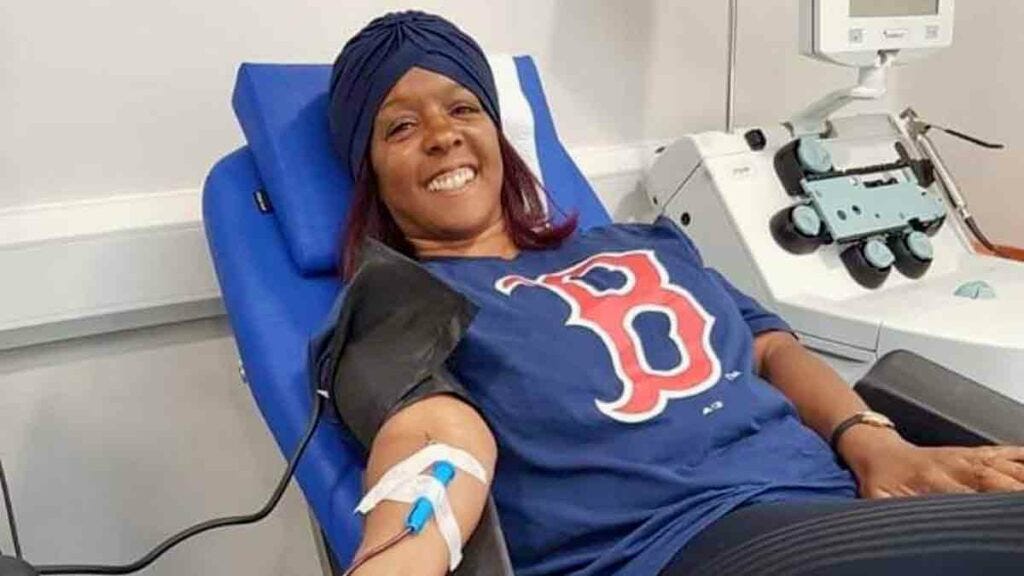
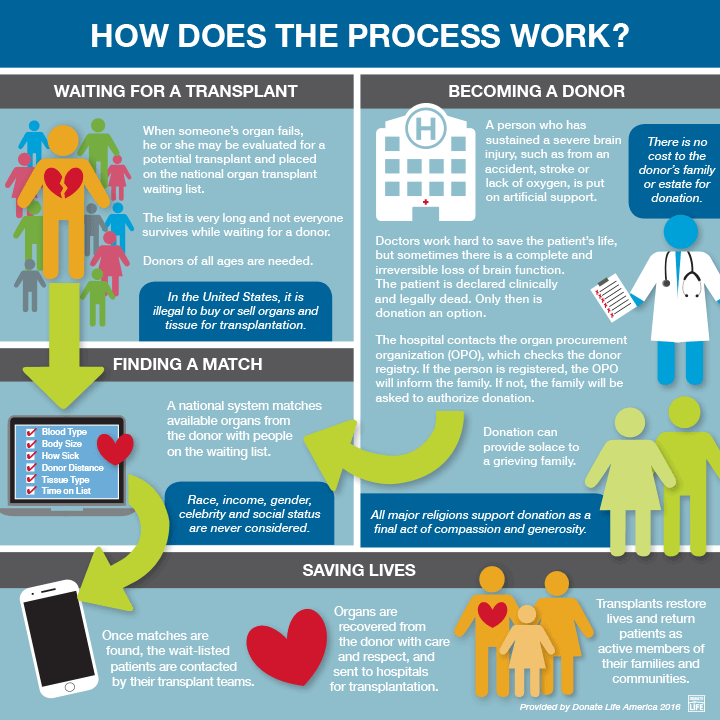
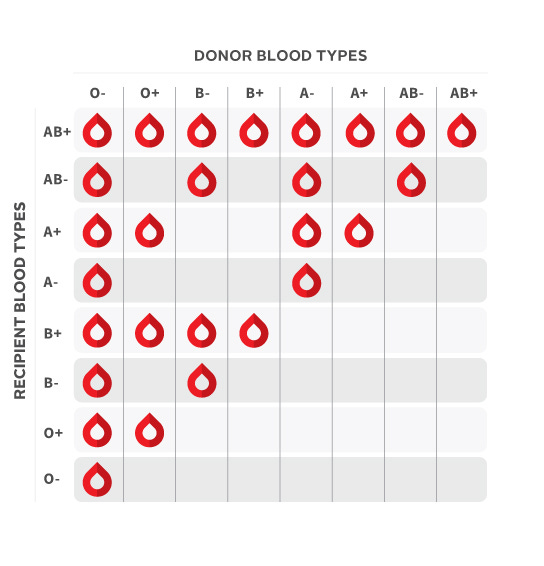
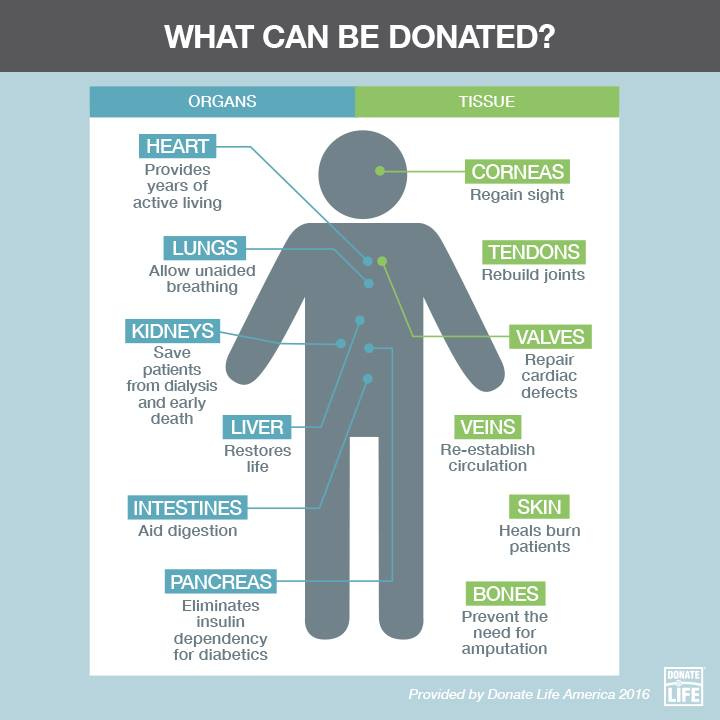
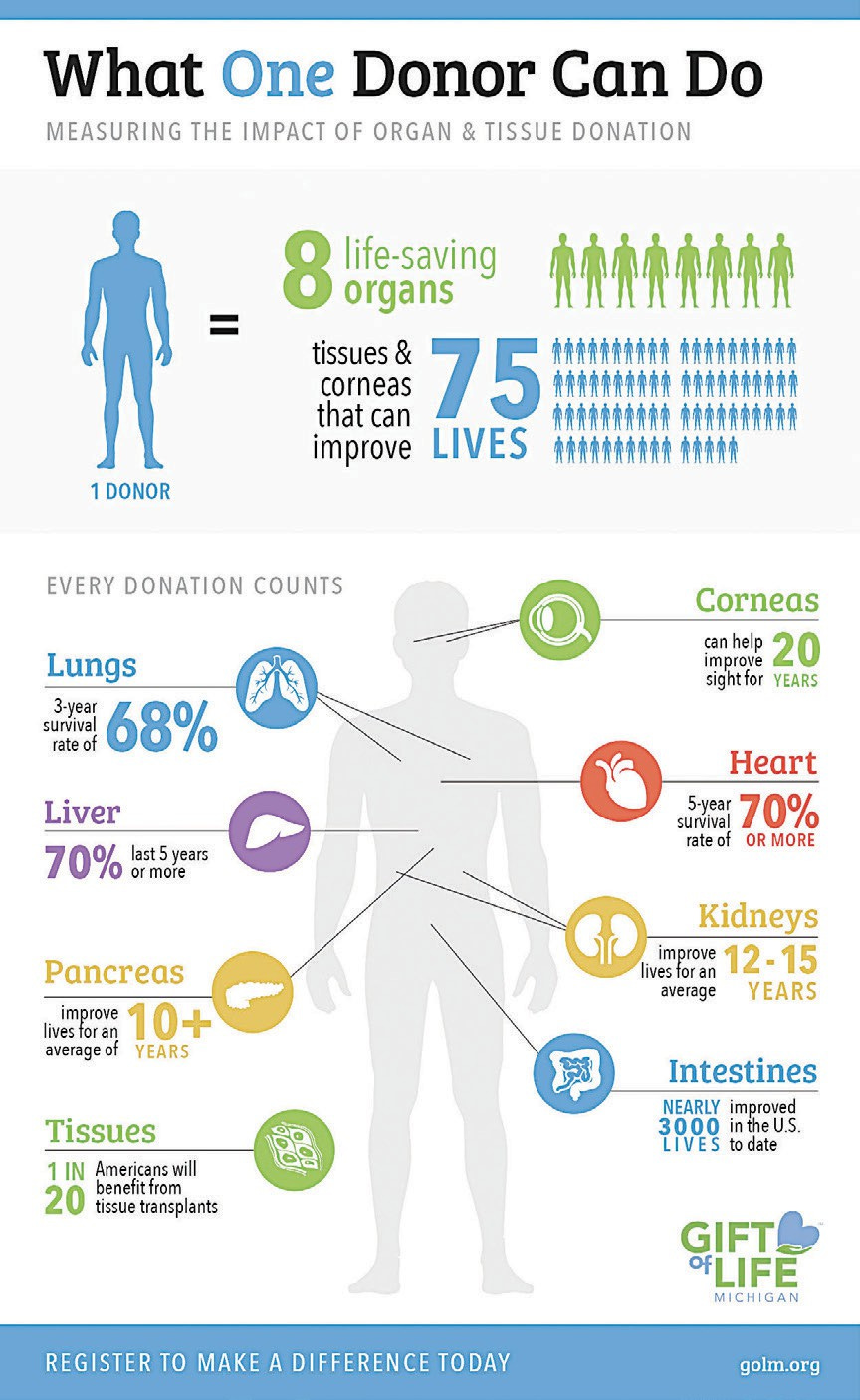
This is the most educative thing to come out of the unfortunate case involving the Ekweremadus. I suggest this article is also published in the newspapers.
I recently watched "2 Hearts" on Netflix and learned alot about the power of organ donation. Thanks for shedding more light on it 👍🏽